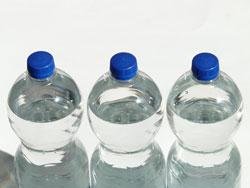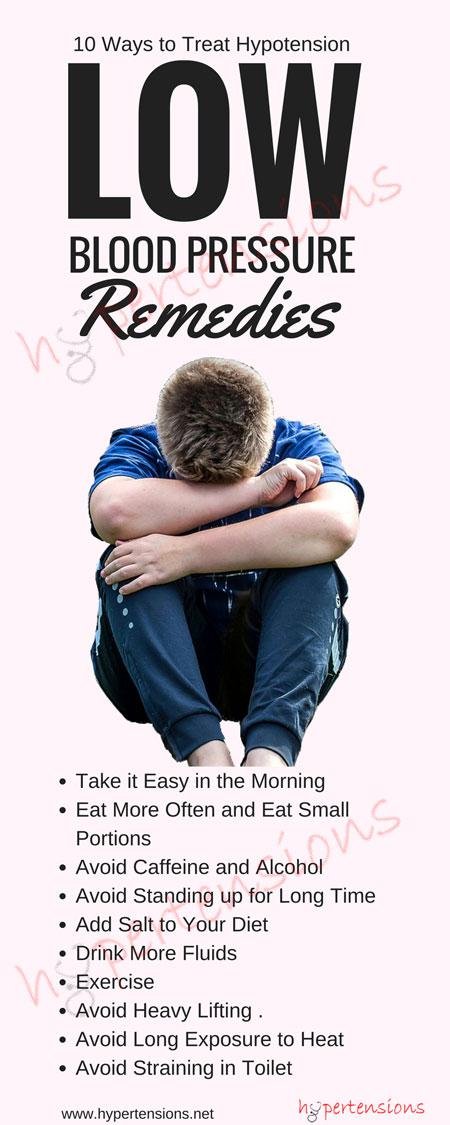Feeling faint, dizzy, or fatigued? Low blood pressure, also known as hypotension, could be the culprit. While it often doesn't require medical attention, if you're experiencing bothersome symptoms, it's important to understand what's going on.
This comprehensive guide explores everything you need to know about low blood pressure remedies, including natural solutions, dietary changes, and when to see a doctor. Discover how to manage low blood pressure symptoms, prevent dizziness, and feel your best again! T
Understanding Low Blood Pressure
While low blood pressure (less than 90/60 mmHg) doesn't always require medical attention, it's important to be aware of the symptoms. These can include dizziness, especially when standing up quickly (postural hypotension), fainting, blurry vision, nausea, and fatigue. In rare cases, very low blood pressure can restrict blood flow to vital organs. If left untreated, this could lead to permanent damage or even shock.
What Causes Low Blood Pressure?
Many things can cause low blood pressure. Here are some common culprits:

- Dehydration: Dehydration can cause low blood pressure. When your body doesn't have enough fluids, your blood volume decreases, leading to a drop in blood pressure.
- Blood loss: Significant blood loss from an injury or accident can cause a sudden drop in blood pressure.
- Malnutrition: Deficiencies in iron and vitamin B12, essential for red blood cell production, can contribute to low blood pressure.
- Underlying medical conditions: Certain medical conditions, such as heart problems, thyroid issues, diabetes, and infections, can affect blood pressure regulation.
- Medications: Some medications, including blood pressure medications, antidepressants, and Parkinson's disease medications, can have low blood pressure as a side effect.
When to See a Doctor for Low Blood Pressure
While most low blood pressure cases don't require medication, there are situations where it's crucial to seek medical help. Here are some red flags:
- Sudden or severe symptoms: If you experience sudden or severe dizziness, fainting (1), or confusion, seek medical attention immediately.
- Persistent symptoms: If you experience ongoing low blood pressure symptoms that disrupt your daily life, consult your doctor.
- Underlying conditions: If you suspect an underlying medical condition might be causing your low blood pressure, see your doctor for diagnosis and treatment.
- Worsening symptoms despite lifestyle changes: If you've tried lifestyle changes and your low blood pressure symptoms persist or worsen, consult your doctor.
Natural Remedies for Low Blood Pressure Symptoms

Feeling occasional dizziness, fatigue, or heart palpitations due to low blood pressure? Here are some natural remedies for low blood pressure to help you feel better:
- Morning Rise Like a Slow-Motion Movie: When getting out of bed in the morning, take it slow! Stretch a little to get your heart rate up gradually before standing. This helps prevent dizziness associated with postural hypotension.
- Small and Frequent Meals: Eating smaller portions more often can help some people manage low blood pressure after meals. This prevents blood sugar spikes that can lead to blood pressure dips.
- Hydration is Key: Aim for 8-10 glasses of water daily. Fruits and vegetable juices can also keep you hydrated and add essential nutrients. Dehydration is a major cause of low blood pressure, so staying hydrated is crucial.
- Beware of Dehydration Culprits: Avoid excessive caffeine and alcohol, as they can dehydrate you and worsen your blood pressure fluctuations.
- Stand Up Wisely: Don't stand for long periods. Blood flow can decrease to your brain, causing dizziness (2). Sit down whenever you start to feel uncomfortable.
- Salt Your Food (Moderately): Adding a pinch of salt can increase your blood sodium levels, which can raise blood pressure. But remember, moderation is key – monitor your blood pressure regularly and consult your doctor about how much salt is right for you. ([how much salt for low blood pressure])
- Exercise for Better Circulation: Regular exercise improves blood flow throughout your body. Choose activities you enjoy and gradually increase intensity. Aim for at least 30 minutes of moderate-intensity exercise most days of the week. ([best exercises to increase blood pressure])
- Avoid Heavy Lifting and Excessive Heat: Don't strain yourself with heavy weights or spend too long in hot showers, baths, or saunas. Excessive heat can cause blood vessels to dilate, lowering your blood pressure.
- Support Stockings (with Doctor's Advice): Compression stockings can improve circulation in your legs and abdomen, potentially reducing low blood pressure symptoms. Talk to your doctor before using compression stockings to ensure they're right for you.
Natural Ways to Treat Postural Hypotension
If you experience postural hypotension, here are some additional tips to manage the dizziness and lightheadedness that can occur when standing up:
- Sleep with your head elevated: Prop yourself up with extra pillows while sleeping to help keep blood flow consistent throughout the night. ([how to sleep with low blood pressure])
- Tighten your core when standing: Tightening your abdominal muscles when standing up can help increase blood pressure and reduce dizziness.
- Drink fluids before meals: Drinking a glass of water before meals can help prevent post-meal blood pressure dips.
- Increase salt intake (gradually and with caution): Under a doctor's guidance, gradually increase your salt intake. Remember, moderation is key, and too much salt can be harmful.
Dietary Considerations for Low Blood Pressure
- What to eat: While there's no single "magic bullet" food for low blood pressure, some dietary choices can help. Focus on a balanced diet rich in:
- Fluids: Water, fruits, and vegetables.
- Electrolytes: Electrolytes like sodium and potassium help regulate blood pressure. Consider incorporating foods like potatoes, bananas, and leafy greens.
- Iron and Vitamin B12: These nutrients are essential for red blood cell production, which can impact blood pressure. Include lean meats, fish, eggs, and fortified cereals in your diet.
- Foods to Limit:
- Excessive caffeine and alcohol: These can dehydrate you and worsen blood pressure fluctuations.
- Large, heavy meals: These can cause blood sugar spikes and subsequent blood pressure dips. Opt for smaller, more frequent meals.
Medications for Low Blood Pressure (In Rare Cases)
In some cases, medication might be necessary to manage chronic low blood pressure (3). However, this is usually only after addressing any underlying causes and trying lifestyle changes first. There are different types of medications used for low blood pressure, and your doctor will determine the best option for you. It's important to consult a doctor before using any medication for low blood pressure.
The Difference Between High Blood Pressure and Low Blood Pressure
High blood pressure (hypertension) and low blood pressure (hypotension) are two ends of the blood pressure spectrum. Here's a basic comparison:
- Healthy Blood Pressure Range: Generally considered to be less than 120/80 mmHg a healthy blood pressure range.
- High Blood Pressure: Consistently above 130/80 mmHg. High blood pressure symptoms shouldn't be ignored as it is a major risk factor for heart disease, stroke, and kidney problems.
- Low Blood Pressure: Generally below 90/60 mmHg. While low blood pressure doesn't always require treatment, it can cause unpleasant symptoms and, in rare cases, complications.
Bottom Line
It's always best to consult your doctor if you're concerned about low blood pressure, especially if you're experiencing bothersome symptoms. With a few lifestyle tweaks and, if necessary, treatment for any underlying conditions, you can feel your best again!

